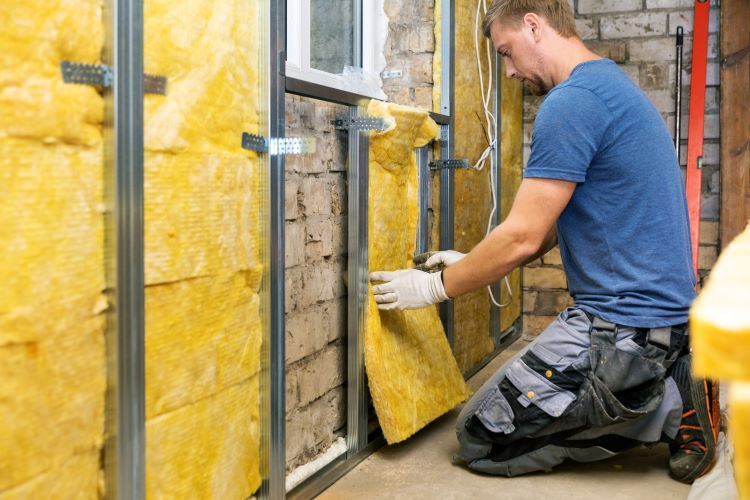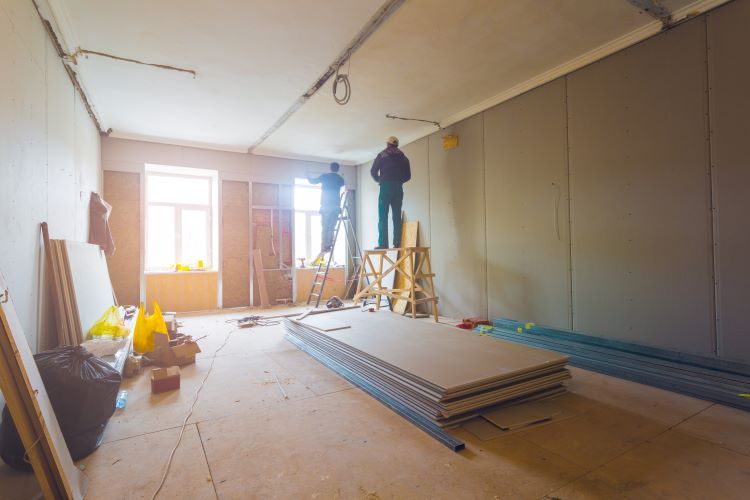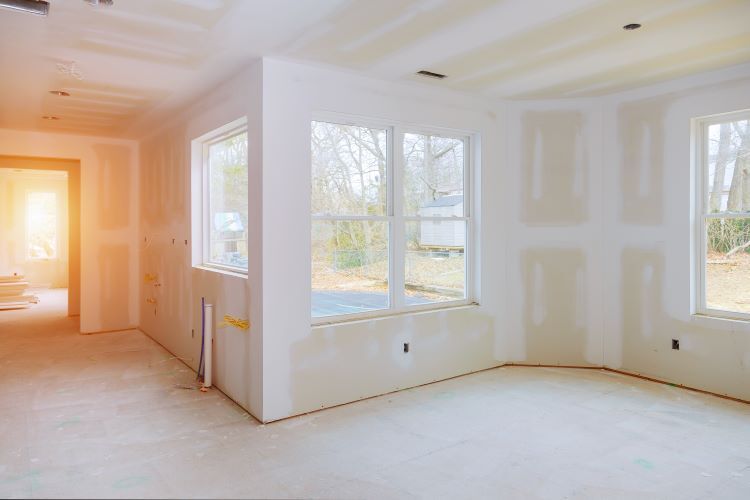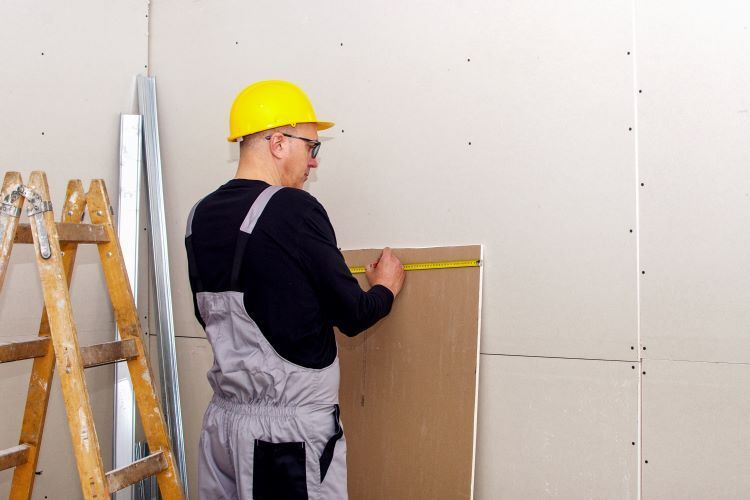Exploring Drywall Insulation

Drywall insulation is a critical component in creating a comfortable, energy-efficient, and soundproof home. At Saskatoon Drywallers, we understand the significant role that proper insulation plays in enhancing the quality of your living space. In this blog, we will explore why drywall insulation is essential and delve into the various types of insulation available to homeowners.
The Importance of Drywall Insulation
- Energy Efficiency One of the primary benefits of drywall insulation is its impact on energy efficiency. Insulation helps maintain a consistent indoor temperature by minimizing heat loss in the winter and heat gain in the summer. This reduces the load on your heating and cooling systems, leading to lower energy bills and a smaller carbon footprint.
- Comfort Insulation significantly enhances the comfort of your home. Properly insulated walls and ceilings keep your indoor environment stable, reducing drafts and cold spots. This means you can enjoy a cozy home year-round, regardless of the weather outside.
- Soundproofing Drywall insulation also offers excellent soundproofing benefits. It helps reduce noise transmission from outside and between rooms, creating a quieter and more peaceful living environment. This is particularly beneficial in urban areas or for homes with multiple levels and shared walls.
- Moisture Control Certain types of insulation can help manage moisture levels in your home, preventing issues such as mold and mildew. Proper moisture control is crucial for maintaining healthy indoor air quality and protecting the structural integrity of your home.
- Increased Property Value Homes with high-quality insulation are more attractive to potential buyers. Insulation not only improves energy efficiency and comfort but also indicates that the home is well-maintained and up-to-date with modern building standards. This can increase your property’s market value.
Different Types of Drywall Insulation
- Fiberglass Insulation
Fiberglass insulation is one of the most common types used in residential applications. It is made from fine glass fibers and comes in batts, rolls, or loose-fill form. Fiberglass insulation is known for its affordability and effectiveness in reducing heat transfer.
Pros:
- Cost-effective
- Easy to install
- Fire-resistant
Cons:
- Can be irritating to skin and lungs during installation
- Requires precise installation to prevent gaps
- Cellulose Insulation
Made from recycled paper products treated with fire retardants, cellulose insulation is typically blown into walls, attics, and other cavities. It is an eco-friendly option that provides excellent thermal performance.
Pros:
- Environmentally friendly
- Good at filling gaps and hard-to-reach areas
- Effective thermal and sound insulation
Cons:
- Can settle over time, reducing effectiveness
- Requires professional installation
- Spray Foam Insulation
Spray foam insulation expands upon application, filling cavities and creating an airtight seal. It is available in open-cell and closed-cell varieties, with closed-cell offering higher density and better insulation properties.
Pros:
- Superior thermal performance
- Excellent air and moisture barrier
- Adds structural strength to walls
Cons:
- Higher cost
- Requires professional installation
- Can off-gas during curing process
- Mineral Wool Insulation
Also known as rock wool or slag wool, mineral wool insulation is made from natural stone or industrial by-products. It is available in batts or loose-fill form and is known for its fire resistance and soundproofing qualities.
Pros:
- Highly fire-resistant
- Excellent soundproofing
- Water-resistant
Cons:
- More expensive than fiberglass
- Heavier and harder to cut
- Foam Board Insulation
Foam board insulation consists of rigid panels made from materials like polystyrene, polyisocyanurate, or polyurethane. It offers high insulating value and is often used in exterior wall sheathing and basement walls.
Pros:
- High insulating value per inch
- Lightweight and easy to handle
- Provides moisture resistance
Cons:
- Can be more expensive than other types
- Requires careful sealing at joints to be effective
Conclusion
Choosing the right type of drywall insulation is crucial for maximizing the comfort, energy efficiency, and longevity of your home. At Saskatoon Drywallers, we are committed to helping you find the best insulation solution to meet your specific needs. Whether you're looking to reduce energy costs, improve soundproofing, or enhance overall comfort, our team of experts is here to guide you through the process and ensure a professional installation.
For all your drywall and insulation needs in Saskatoon, trust the experts at Saskatoon Drywallers. Contact us today to schedule a consultation or to learn more about our services.
You might also like


